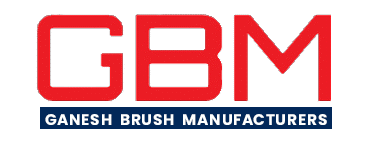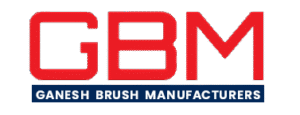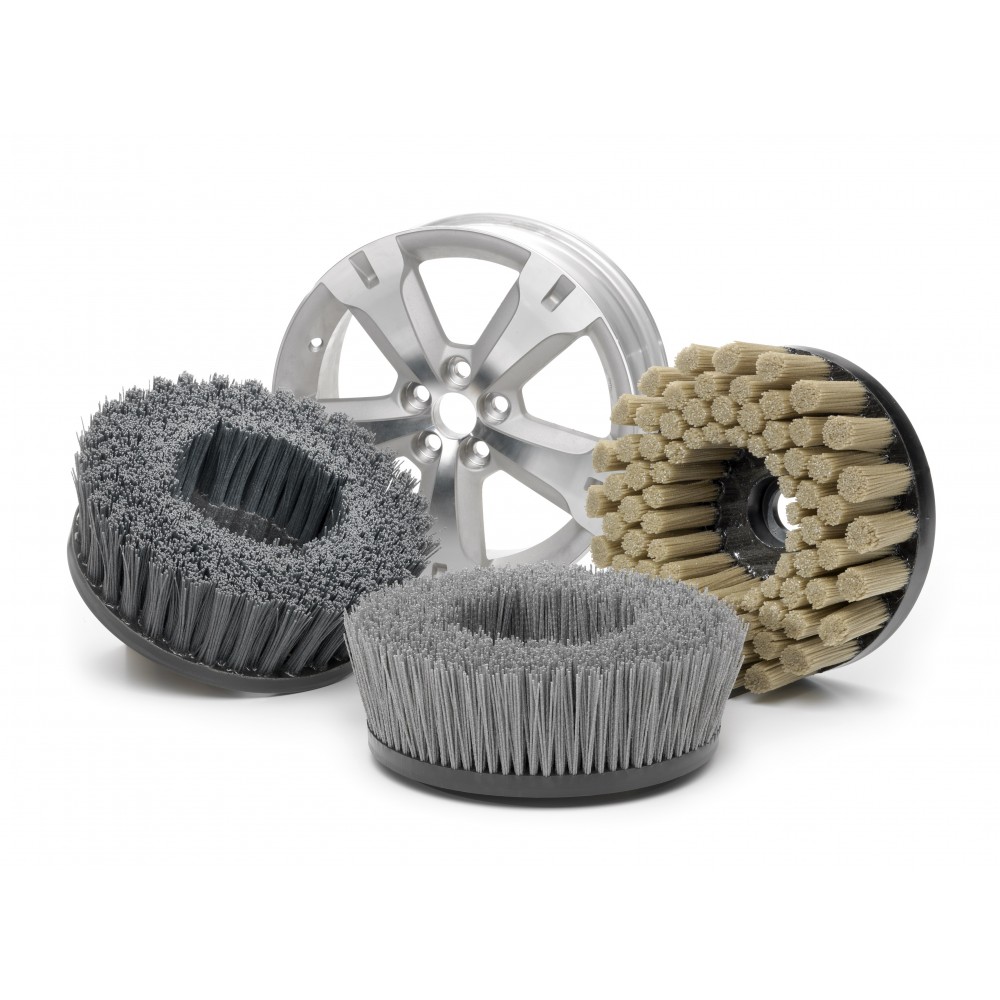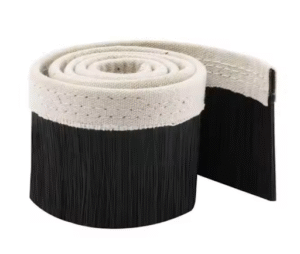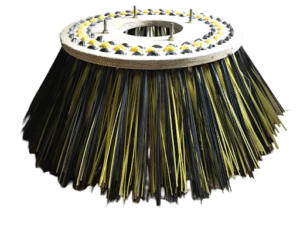If you work in manufacturing or factory operations in India, you don’t have time to waste on brushes that might work. You want something that gets the job done cleanly, quickly, and lasts longer than your chai break.
That’s where abrasive filament disc brushes step in, and no, we’re not talking about the regular wire wheels or those cheap plastic brushes you find at hardware stores. These are purpose-built, heavy-duty performers. Used in everything from finishing metal parts in Pune’s machine shops to cleaning delicate pharma-grade equipment in Hyderabad.
Let’s unpack what they do, how Indian factories are using them smartly, and how to avoid common mistakes when buying your next set.
First, What Exactly Is an Abrasive Filament Disc Brush?
Picture a disc, yes, literally a round plate, with hundreds of nylon bristles sticking out. But here’s the twist: each of those bristles (also called filaments) is embedded with abrasive materials like silicon carbide or aluminium oxide.
Now imagine attaching that disc to your polishing machine or CNC equipment and running it over a rough or greasy surface. The bristles scrub, smooth, polish, or clean, and they do it uniformly, even on awkward shapes.
Unlike regular brushes that can scratch or gouge the surface, these filament brushes are flexible and gentle. They “follow the shape,” adapting to curves, edges, or uneven parts, making them a go-to tool for precision cleaning and deburring.
Where Are They Used in Indian Industries?
You’ll be surprised at how many sectors rely on them daily. Here’s a quick factory-floor-style walkthrough:
1. Automotive Manufacturing (Think Pune, Chennai, Manesar)
Have you ever seen a car brake disc before it is installed in the vehicle? It needs to be perfectly clean and burr-free. One slight sharp edge may be left behind from machining, which could affect performance.
Circular and Disc Brush tools made with abrasive filaments are used in rotary deburring units across automotive plants. They’re the go-to for:
- Cleaning engine blocks
- Prepping crankshafts
- Smoothing valve faces
- Finishing gearbox housings
2. Food Processing Units
Yes, even food factories use these brushes. However, the priority here is non-scratch and hygienic cleaning.
Think stainless steel conveyor belts with oil or dough build-up. Regular brushes scratch the surface, allowing bacteria to lodge. Abrasive filament disc brushes, when made with food-safe filaments, clean thoroughly without causing damage.
This is where Industrial Cylindrical Brush designs also come in handy, especially for drum cleaning or bottle scrubbing lines.
3. Pharma and Clean Room Equipment
In the pharmaceutical industry, cleanliness isn’t a standard. It’s a regulation. Filament brushes are used to remove residues and polish metal surfaces on:
- Tablet pressing machines
- Blister packaging units
- Conveyors inside clean rooms
Since the brushes don’t spark or shed metal like steel wire ones, they’re perfect for sterile environments.
4. Metal Finishing Workshops
Grinding, polishing, and deburring of steel parts is where these brushes shine, quite literally. Component manufacturers utilise abrasive filament disc brushes to achieve a smooth, uniform, and burr-free finish without changing the dimensions of the product.
Whether it’s a stainless steel plate or a CNC-machined part, the brush adapts to surface geometry. This reduces hand-finishing time and gives more consistent quality, something every supervisor wants when there are deadlines.
So, Why Not Just Use Wire Brush or Emery Paper?
A fair question. The short answer? Control. Longevity. Safety.
- Wire brushes are harsh. They can damage precision parts, scratch softer metals, and even become dangerous if a bristle breaks off at high RPM.
- Emery paper, while cheap, is inconsistent. It requires manual effort and often fails to reach corners or grooves effectively.
With abrasive filament disc brushes, you get the best of both worlds: the scrubbing power and the finesse. Plus, they last much longer and don’t clog as easily with dirt or oil.
Types of Filaments You Should Know
Let’s decode what’s inside those bristles because not all abrasive filaments are the same. In Indian factories, the three most common types are:
1. Silicon Carbide Filaments
Used for: General-purpose metal deburring and polishing
Why choose: Tough, sharp, and works well on steel and aluminium
Pro tip: Ideal for dry operations or coolant-assisted processes
2. Aluminium Oxide Filaments
Used for: Wood, plastics, and softer metals
Why choose: Less aggressive, doesn’t over-polish
Pro tip: Great for finishing aluminium extrusion parts or plastic components
3. Ceramic Filaments
Used for: Aerospace, defence, and high-spec components
Why choose: Expensive but super durable and consistent
Pro tip: Ideal if your workshop deals with exotic metals like titanium or Inconel
Choosing Between Circular, Disc, and Cylindrical Brush Types
It’s not just about what’s inside the filament. The shape of the brush matters more than people think.
Circular and Disc Brush
These are mounted on spindle or rotary machines. Suitable for flat surfaces or contour parts. Most popular in general manufacturing.
Industrial Cylindrical Brush
Used on conveyor lines or rotating drums. You’ll find these in textile machines, bottling plants, and food-grade processing units.
So, if you’re cleaning long belts or preparing the surface of rotating components, a cylindrical brush outperforms discs.
5 Buying Tips from Someone Who’s Actually Used Them
Here’s where it gets practical. If you’re someone making a purchase decision for your factory or workshop, these tips will help:
1. Don’t Just Look at Grit Size. Ask About Filament Density.
Too many people focus only on grit (like 80, 120, 240 etc.) and ignore how tightly the filaments are packed. A lower grit, but denser filament brush, can outperform a higher grit loose one.
2. Buy From an Actual Industrial Brush Company, Not a Trader.
Middlemen don’t always know what’s best for your use case. Go directly to manufacturers like Ganesh Brush Manufacturers, who customise brushes for your setup, including motor RPM, size, and mounting style.
3. Check for Balancing
If your brush wobbles at high speed, it’ll damage your part or break early. A well-balanced brush (precision-made at the manufacturing level) will stay smooth even at 3000 RPM.
4. Ask for Sample Testing If You’re Unsure
Many good manufacturers will offer trial samples, especially for large orders. This is important if you’re dealing with specialised metals, painted parts, or pharma machines.
5. Know Your RPM Range
Using a brush rated for 1800 RPM on a 3000 RPM motor? That’s how accidents happen. Match the speed rating of your abrasive brush with your machine’s output.
Why Choose Ganesh Brush Manufacturers?
Here’s what a lot of people don’t realise: many Indian-made industrial brushes are now competing globally on quality.
Ganesh Brush Manufacturers, for example, have been in the game since the 1980s. Based in Pune, they’ve built custom brushes for everything from railways to pharma giants. What sets them apart?
- In-house brush design team
- Decades of industrial experience
- Customisation for your machine model and job requirement
- Competitive pricing without cutting corners
- Proven across auto, pharma, food, steel, and more
Final Thought
If your production line is stopping more often, or your finishing isn’t consistent, the culprit might be simpler than you think.
An abrasive filament disc brush isn’t just a tool. It’s a productivity booster. A finish improver. A safety upgrade.
And when it’s chosen well, especially with help from an expert Industrial Brush Company, it can save hours of rework, machine wear, and worker fatigue.
The next time you review your maintenance checklist or plan a process upgrade, take a second look at your brushes.
Because in industrial life, the smallest tools often make the most significant difference.
Looking for Reliable, Custom-Made Industrial Brushes?
Whether you need a Circular and Disc Brush, an Industrial Cylindrical Brush, or want to discuss your use case, get in touch with Ganesh Brush Manufacturers.
They’ve been solving brush problems across Indian factories for over two decades. And they know what works on the ground.
Contact Ganesh Brush Manufacturers today and get your finishing flow back on track.
